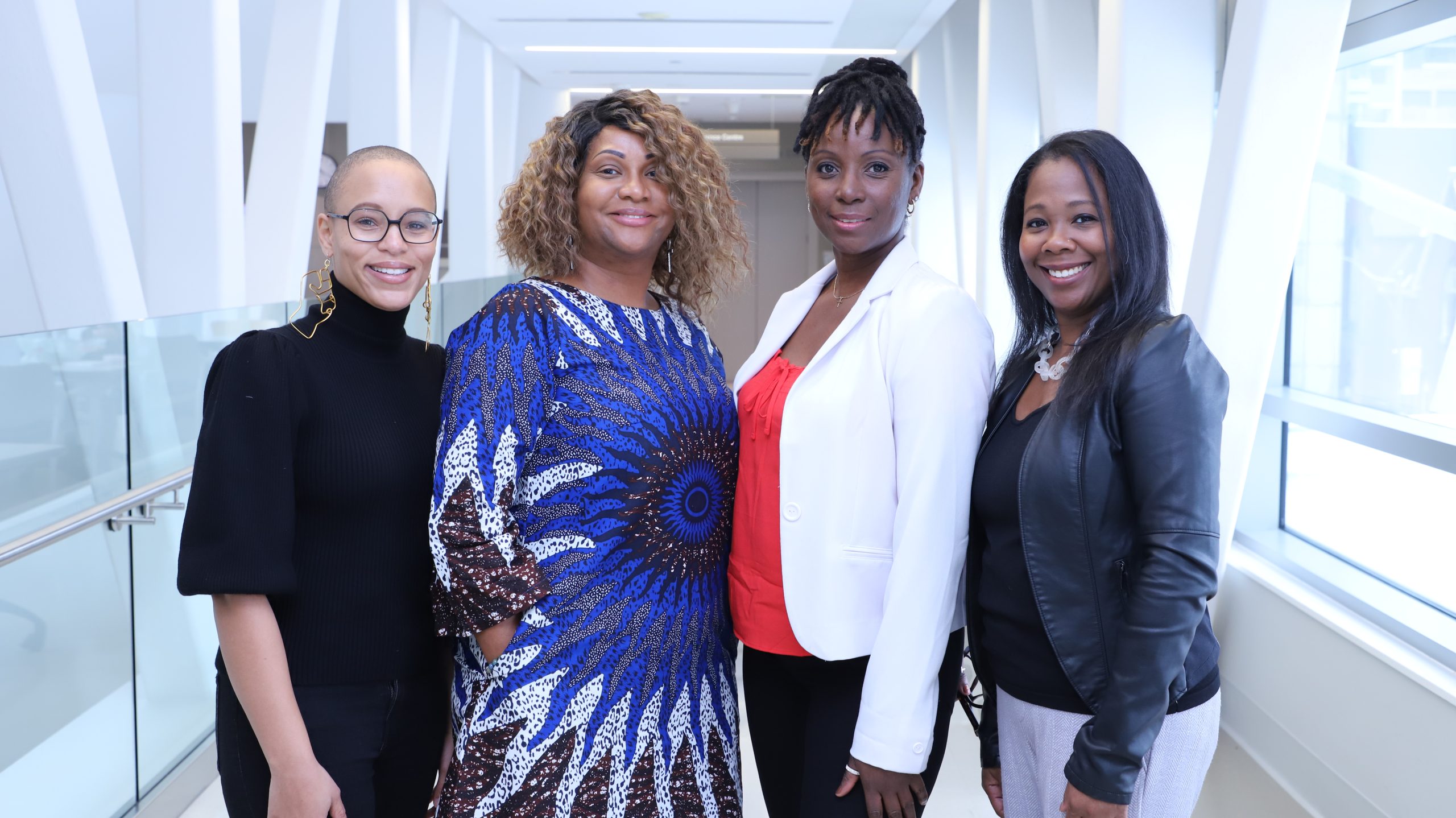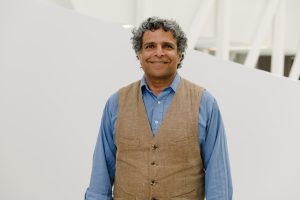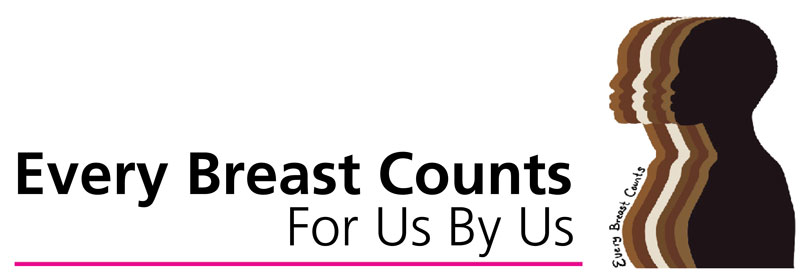Canada’s healthcare system doesn’t work the same for everyone, and Women’s College Hospital (WCH) is shining a light on the unique and diverse needs of our community. The organization recognizes that a “one-size-fits-all” model in healthcare is not the right approach and only widens the existing health gap. Through innovative new care models, WCH is working towards equal treatment, representation and access to health services for all.
While inequities are embedded within our healthcare system, the Black community is at a particular disadvantage. To address the needs of this specific group, The Peter Gilgan Centre for Women’s Cancers at WCH, in partnership with The Canadian Cancer Society (CCS), the Olive Branch of Hope (TOBOH), Rethink Breast Cancer and four co-creators, launched two innovative projects to educate and empower Black women affected by breast cancer.
The partnership developed Every Breast Counts, a resource hub by Black women for Black women affected by breast cancer. Too often, health and social programs centre around whiteness, which leads to an unwelcoming space that overlooks a Black woman’s unique experiences. By creating a virtual hub for accurate, evidence-based and community-relevant cancer information, the team is reaching a diverse group of historically underserved and overlooked Black patients affected by breast cancer.
“We developed this hub to speak specifically to Black women, who are frequently excluded in the breast cancer space and left out of breast cancer initiatives in Canada,” says Dr. Aisha Lofters, chair of implementation science at The Centre and project lead for Every Breast Counts. “By creating a resource by Black women for Black women, we’re beginning to break down barriers in the healthcare system and give these women a platform where they feel seen, heard and represented.”
In addition to the hub, the partners also cross-collaborated to deliver Breast Health for Black Women, a virtual, free and nationwide event to educate and empower Black women across the country.
“Through this event, we were able to inspire and inform Black women of diverse cultures, renewing their hope for a better and brighter future – for themselves and for generations to come,” says Leila Nicholls-Springer, President of TOBOH. “Together we have raised more awareness around the experiences of Black women, while at the same time, slowly changing the way they feel about the system.”
System changes are critical and WCH is committed to breaking down barriers to cancer care. Screening and prevention reduce the morbidity and mortality of cancers but access to these services is not equitable in Canada. In her role as medical consultant with The BETTER Institute and a scientist at Women’s College Research Institute (WCRI), Dr. Lofters is working to change this. Her research program focuses on cancer screening and prevention through a health equity lens to help combat patient-, provider- and system-level barriers to screening. Together with her team, she is committed to enhancing equity and quality of cancer care for everyone.
One size seldom fits all, especially when it comes to healthcare. When we apply this approach, we fail to consider the unique backgrounds, experiences and needs of our diverse patient population. To break down barriers and build up health equity, individualized care matters.



